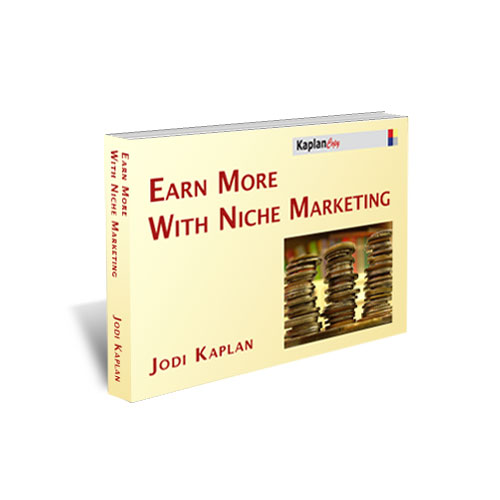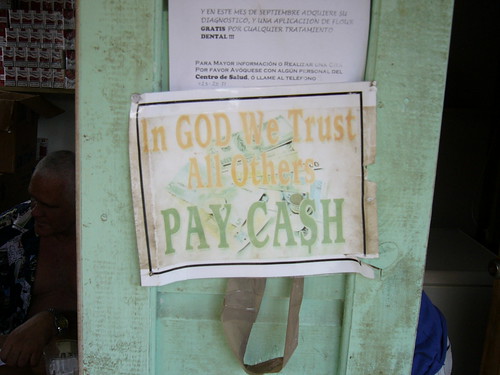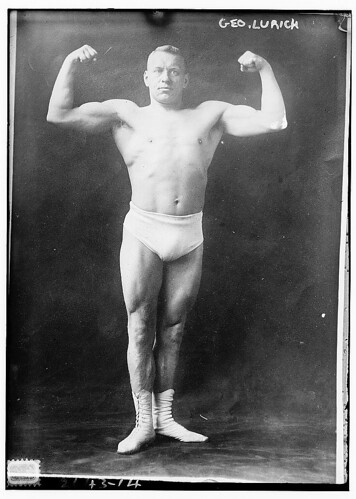What are you emphasizing in your marketing? That you’re the best? That you are the cheapest? Or that you specialize in web sites for startups?
What, if anything, makes you stand out? Do you have a USP (unique selling proposition)?
A niche means you concentrate on one particular sector or demographic (pregnant women, or SEO web copywriters).
A USP means two things. First, it’s something you do that fits a specific need your customers have. Second, it stands out in your customers’ (and prospects) minds as unique and special.
If you don’t have a USP, you’ll need to create one.
How a market niche USP works
Insomnia Cookies in NY promises fresh, hot cookies delivered to your door in the middle of the night (just the thing for college students and night owls with the late night munchies).
There are dozens of laundromats here, but there’s one near me that’s open 24/7 (so I guess you do your laundry and then order some cookies to eat while you wait).
Both of those places have unique selling propositions; and the laundromat has managed to find one in a really crowded marketplace. They’re not just selling clean clothes, they are selling convenience.
What are you really selling?
Someone on Marketing Profs asked how they can tell their web site visitors that they’re the only vendor on the Knot (wedding) website that is located in Arizona and specializes in lighting. The other vendors all do lots of other things, including provide DJs, flowers, and decorations.
Right track
The lighting vendor is on the right track (if you’ll pardon the pun). He’s focusing on doing one thing and doing it well. He’s obviously learned how to find a unique market niche. He does lighting. For weddings. Period. Not concerts, not conferences, just weddings.
Wrong USP
The USP needs to be fixed. He’s emphasizing something (being the only Knot lighting vendor in his state) that doesn’t matter to his clients. They aren’t going to care that he is the only vendor who does nothing but lighting unless he gives them a specific reason that his single focus makes him a better choice.
What does matter to a bride is looking good on her wedding day. What if instead of talking about himself (being the only vendor), he talked about what the bride would get.
“Look like a movie star on your wedding day.”
“Look so good Angelina will be jealous.”
He’s not really selling lighting. He’s selling glamor. What if he emphasized that instead? He’d have something that the other wedding vendors couldn’t duplicate (because they are trying to do too many other things besides lighting).
Do you know what you’re really selling? What do your clients really want? To look like movie stars? To save time? To have less stress?
How do you give that to them? And how do you do it in a way that makes you stand out from the competition?
Not sure? Ask in the comments.
Cool tools tomorrow!





